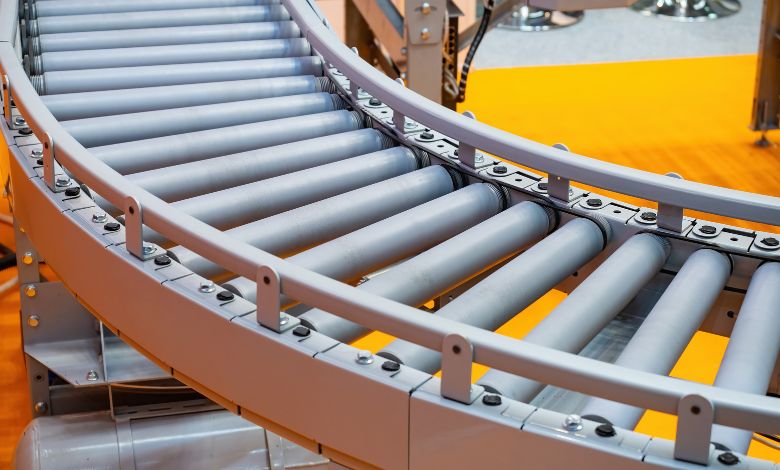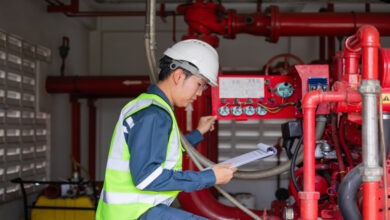
Inventions That Changed the Manufacturing Industry
Throughout the history of the manufacturing industry, certain inventions have sparked significant transformations, propelling the industry into new eras of efficiency and productivity. These revolutionary inventions have not only redefined the manufacturing landscape but also reshaped our everyday lives. They have brought about a paradigm shift in the way we produce, distribute, and consume goods. This blog will delve into these groundbreaking inventions that changed the manufacturing industry forever.
Steam Power
Perhaps no invention has changed the manufacturing industry more than steam power. Originating from a simple non-mechanical water pump developed by Thomas Savery, steam power evolved into a critical energy source for numerous machines and vehicles. This innovation made it economically feasible to produce commodities in large quantities. Steam engines harness the force produced by steam pressure to perform mechanical work. The heat engine transforms part of the heat energy into work, thus enabling efficient production processes. Steam engines notably enhanced the ability to work, live, produce, and viably expand without the constraints of less abundant energy sources. The spread of steam power marked the beginning of the Industrial Revolution, paving the way for mass production and significantly altering the course of history.
Assembly Lines
The introduction of assembly lines brought about a monumental shift in overall efficiency of companies working within the manufacturing industry. Assembly lines enabled the concept of mass production, where each worker performed a specific task in the manufacturing process. This specialization significantly increased efficiency and reduced the time taken to produce goods. The assembly line method allowed manufacturers to scale up production and meet the growing market demand. It also led to a decrease in production costs, making goods more affordable for consumers. With assembly lines, the manufacturing industry was able to keep pace with the rapidly evolving needs of society and set the stage for future innovations, such as conveyor belts, which have seen their own advancements over time.
Computer Numerical Control (CNC) Machines
Computer Numerical Control (CNC) machines ushered in a new era of precision and efficiency in the manufacturing industry. These machines use computer-aided design (CAD) and computer-aided manufacturing (CAM) software to control and automate the machining process. CNC machines can produce complex shapes that would be almost impossible to achieve with manual machining. They also significantly reduce the margin of error, ensuring high-quality output. Furthermore, CNC machines can operate continuously, unlike human labor, leading to increased productivity. With the advent of CNC machines, the manufacturing industry has been able to produce high-precision parts at an unprecedented scale.
Automation
Automation is the dawn of the fourth industrial revolution in the manufacturing industry. It involves the use of robots and other automated machinery to perform tasks traditionally done by humans. Automation has drastically increased efficiency, accuracy, and productivity in the manufacturing process. It has also reduced the risk of human error and increased worker safety by performing dangerous tasks. Furthermore, automation allows for consistent quality, as machines can perform the same task repeatedly with the same level of precision. With the rise of automation, the manufacturing industry is seeing a shift toward smart factories, where machines and systems can operate and communicate autonomously.






